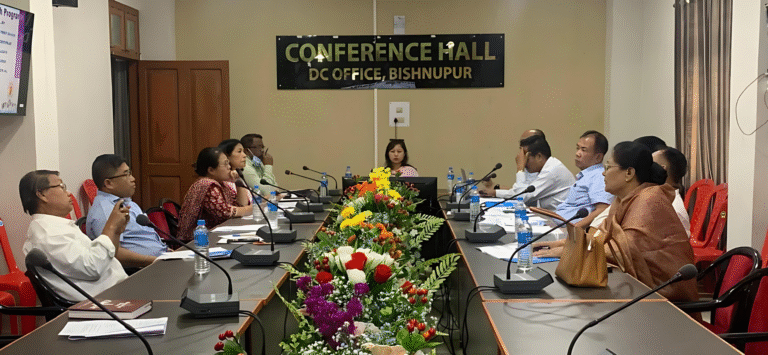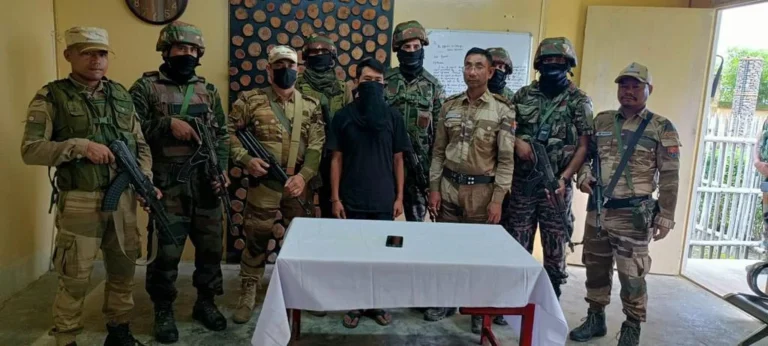Mass Resignation of Senior Doctors at RG Kar Hospital: A Bold Stand for Junior Doctors’ Rights
Summary of the News Article
Fifty senior doctors from RG Kar Medical College and Hospital in Kolkata have resigned in solidarity with junior doctors, who have been protesting for better working conditions and more fair treatment. The junior doctors have raised concerns about mismanagement at the hospital, creating a tense situation that has brought healthcare services to a standstill.
Introduction: A Bold Move by Senior Doctors
In a dramatic turn of events at Kolkata’s RG Kar Medical College and Hospital, fifty senior doctors have resigned in support of ongoing protests by junior doctors. The decision to step down from their positions has shaken the medical community, sending a powerful message about the growing concerns over healthcare management and the challenging working conditions in the hospital. The junior doctors have been on strike, demanding reforms to improve their working environment, and now the senior doctors’ unprecedented move has brought further attention to the crisis.
But what exactly is driving these doctors to take such a drastic step, and what are the broader implications for healthcare in West Bengal? Let’s dive into the details.
Understanding the Core Issue: What Are the Junior Doctors Protesting?
Overwork and Burnout: The Reality of Junior Doctors
It’s no secret that junior doctors often face grueling work schedules, long hours, and immense pressure. This has been an ongoing issue in many medical institutions, but at RG Kar Medical College, the situation appears to have reached a breaking point. Junior doctors have reported working under extreme stress, with insufficient rest, overwhelming patient loads, and a lack of proper facilities. The toll this takes on their mental and physical health cannot be overstated.
Inadequate Resources and Poor Management
One of the primary grievances raised by the junior doctors is the inadequate resources available at the hospital. Many have claimed that the infrastructure is outdated, there is a shortage of essential medical supplies, and the overall management of the hospital has been lacking. The junior doctors have highlighted how these issues not only affect their ability to work effectively but also compromise patient care.
Safety Concerns Amidst Rising Violence
Another pressing concern is the safety of healthcare workers. Incidents of violence against doctors have been on the rise across the country, and the junior doctors at RG Kar have expressed fear for their personal safety. With tensions running high between patients’ families and medical staff, the junior doctors argue that the hospital administration has not taken adequate steps to ensure their protection.
The Senior Doctors’ Stand: Why They Resigned
A Stand for Justice and Unity
In an extraordinary show of solidarity, fifty senior doctors submitted their resignations, throwing their support behind the junior doctors. Their decision underscores the seriousness of the issues at hand and reflects a unified stand against the mismanagement they believe is plaguing the hospital. These senior professionals, many of whom have dedicated decades to the medical field, are not resigning lightly; they are doing so because they recognize the legitimacy of the junior doctors’ grievances.
Frustration with the Hospital Administration
The senior doctors have also voiced their dissatisfaction with the administration, particularly regarding how the concerns of junior staff have been handled. For years, there has been a growing frustration over the lack of accountability and the unwillingness of hospital management to address long-standing issues. This protest has given them an opportunity to make their frustrations heard.
Protecting the Next Generation of Doctors
The resignation of senior doctors is about more than just immediate grievances; it’s about safeguarding the future of healthcare. The senior doctors recognize that if the current conditions persist, it will discourage future generations from entering the medical profession. The working conditions are simply unsustainable for those starting out in their careers, and the seniors believe it’s their duty to advocate for change.
The Broader Impact on Healthcare Services
Patient Care in Jeopardy
One of the most immediate effects of the resignations and the ongoing strike is the disruption of healthcare services at the hospital. With both junior and senior doctors stepping away from their duties, patient care has been severely affected. Scheduled surgeries have been delayed, outpatient departments (OPDs) are running at reduced capacity, and emergency services are stretched thin. This poses significant challenges for patients relying on RG Kar for treatment, as they are now left with limited options.
Public and Political Reaction
The mass resignation has triggered widespread public debate and media attention. Healthcare unions, political leaders, and the public have all weighed in on the issue. Some are calling for urgent government intervention to resolve the crisis, while others are voicing their support for the doctors’ right to demand better conditions. The political landscape in West Bengal has also become embroiled in the controversy, with opposition parties criticizing the state government’s handling of the situation.
Possible Resolutions: What Needs to Be Done?
Dialogue and Negotiation
The first and most obvious step toward resolving the crisis is open dialogue between the hospital administration, the protesting doctors, and government officials. The doctors have made it clear that they are willing to return to work if their concerns are addressed, so it is crucial for the administration to engage in meaningful discussions and negotiate solutions.
Improving Working Conditions
Immediate action must be taken to improve working conditions at the hospital. This includes ensuring adequate staffing levels, reducing the workload on junior doctors, and providing the necessary resources to deliver high-quality patient care. Addressing these issues will not only improve the well-being of doctors but also enhance the overall functioning of the hospital.
Enhancing Security Measures
Given the safety concerns raised by the doctors, it is imperative for the hospital to implement stronger security measures. The healthcare environment should be one where doctors feel safe, allowing them to focus on treating patients without the fear of violence or harm. This could include the installation of surveillance cameras, hiring more security personnel, and creating clear protocols for handling disputes with patients’ families.
The Role of the Government: A Call for Intervention
The West Bengal state government has a critical role to play in resolving this crisis. While the hospital administration can address some of the doctors’ demands, broader policy changes will require government intervention. Funding for healthcare infrastructure, staffing reforms, and stricter enforcement of security measures all fall within the government’s purview.
Political leaders have already begun discussing the issue, with opposition parties calling for urgent reforms. The state government must act swiftly to prevent a prolonged crisis that could further damage the healthcare system in West Bengal.
The Potential Long-Term Consequences
Loss of Trust in the Healthcare System
One of the most concerning long-term consequences of this crisis is the potential loss of trust in the healthcare system. When doctors themselves are resigning en masse due to poor working conditions, it sends a worrying signal to the public. If left unresolved, this situation could lead to a decline in the number of medical professionals willing to work in public hospitals, further straining an already overburdened system.
Brain Drain: Doctors Leaving for Better Opportunities
If the issues at RG Kar Medical College and other institutions are not addressed, there is a real risk of “brain drain,” where talented doctors choose to leave for private hospitals or even move abroad in search of better opportunities. This would not only deplete the healthcare workforce but also make it harder for public hospitals to recruit and retain skilled professionals.
Conclusion: A Crisis in the Making, But Solutions in Sight
The resignation of fifty senior doctors at RG Kar Medical College and Hospital is a significant moment in the ongoing struggle to improve working conditions for doctors in India. It highlights deep-rooted issues within the healthcare system that must be addressed to ensure both doctors’ well-being and the quality of patient care. While the situation is undeniably serious, it also presents an opportunity for meaningful change. By engaging in dialogue, addressing doctors’ concerns, and making necessary reforms, it is possible to prevent further disruption and restore confidence in the healthcare system.
FAQs
- Why did the senior doctors resign at RG Kar Medical College?
Fifty senior doctors resigned to show their solidarity with the junior doctors protesting against poor working conditions and mismanagement at the hospital. - What are the junior doctors demanding?
Junior doctors are demanding better working conditions, including reduced workloads, improved facilities, and enhanced security measures. - How has the resignation affected hospital services?
The resignation of senior doctors, combined with the junior doctors’ strike, has severely disrupted hospital services, delaying surgeries and limiting outpatient care. - What role does the government play in this crisis?
The government is expected to intervene by providing funding for healthcare reforms, improving infrastructure, and ensuring better working conditions for doctors. - What are the long-term implications of this crisis?
If unresolved, this crisis could lead to a loss of trust in the healthcare system and cause skilled doctors to seek better opportunities elsewhere.



